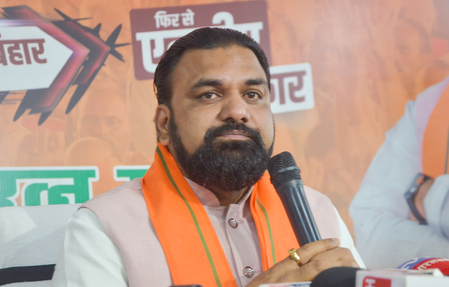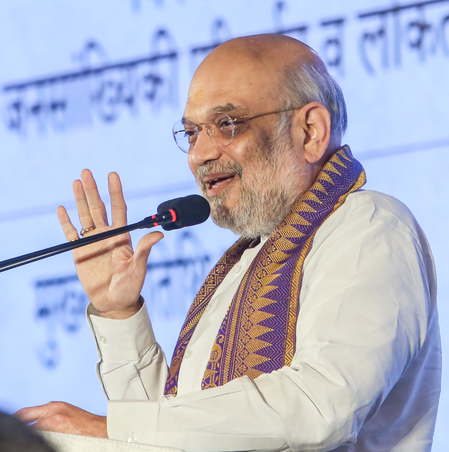
New Delhi, Sep 9 (IANS) The Supreme Court on Tuesday held that OBC candidates who avail age relaxation in recruitment as constables in Central armed police forces cannot later seek appointment against unreserved seats – even if their marks are higher than the last selected general category candidate – where recruitment rules specifically bar such migration.
A bench of Justices Surya Kant and Joymalya Bagchi set aside the decision of the Calcutta High Court that had permitted migration of OBC candidates into the general category and directed their recruitment under the unreserved category.
The matter stemmed from recruitment to the post of constable (GD) in the Central Armed Police Forces conducted by the Staff Selection Commission.
The age limit for eligible candidates was 18–23 years, with OBC applicants entitled to a three-year relaxation.
Several OBC candidates who had availed this concession were declared unsuccessful in the reserved category but claimed entitlement to selection in the unreserved category, as their marks were higher than those of the last selected candidate in the unreserved category.
The Calcutta High Court, relying on the 2010 judgment of the apex court in Jitendra Kumar Singh v. State of U.P. case, had held that relaxations in age or fees were only “aids to reservation” and did not affect the level playing field in the open competition.
It had directed that the petitioners – OBC candidates – be considered in the general category.
However, the Supreme Court disagreed, stressing that the July 1998 Office Memorandum issued by the Department of Personnel and Training (DoPT) specifically barred such migration when concessions like age relaxation, extended attempts, or relaxed qualifications had been availed.
It also underscored that the OBC candidates had participated in the selection process without demur and had not challenged the constitutional validity of the Office Memorandum, which governed the recruitment.
Referring to several precedents, the Justice Surya Kant-led Bench reiterated that where recruitment rules impose an embargo, reserved category candidates cannot be shifted to the unreserved pool.
“Whether a reserved candidate who has availed relaxation in fees/upper age limit to participate in open competition with general candidates may be recruited against unreserved seats would depend on the facts of each case,” the apex court said.
“In the event there is no embargo in the recruitment rules/employment notification, such reserved candidates who have scored higher than the last selected unreserved candidate shall be entitled to migrate and be recruited against unreserved seats. However, if an embargo is imposed under relevant recruitment rules, such reserved candidates shall not be permitted to migrate to general category seats,” it clarified.
Allowing the Union government’s plea against the Calcutta High Court decisions, the Supreme Court concluded: “As the respondents (writ petitioners before the Calcutta HC) availed a concession of age for participating in the recruitment process, in the teeth of the office memorandum dated 01.07.1998, the High Court was wrong in applying the ratio in the Jitendra Kumar case. The impugned judgments are accordingly set aside.”
–IANS
pds/vd




